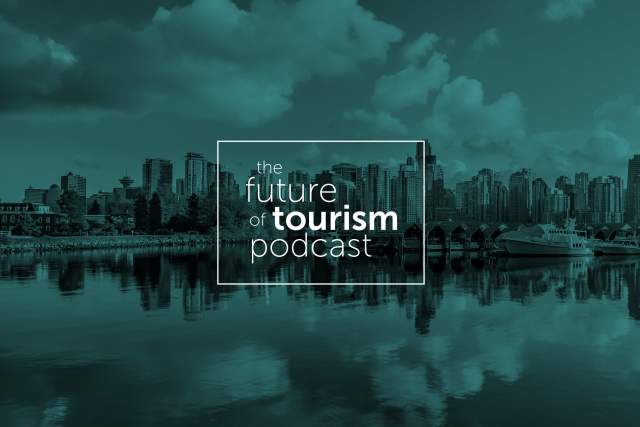In this time of global crisis and uncertainty, we put the call out to leaders, CEOs, strategists and consultants to sit down and tell us, in their own words, what is going on and what is going to happen next in this vital global industry.
It's hard to shift a paradigm even at the best of times — perhaps especially in the best of times. But today's global disruption from the COVID pandemic certainly isn't the best of times, and so much has changed since the World Health Organization declared the novel coronavirus outbreak a global pandemic on March 11, 2020.
Given how little paradigm shifts we see, we need a term for when organizations or people fall back on the comfort of the way they have always done things. I think we need this new term not to deny the past, not one to condemn old ideas and principles, but as a way to signal that maybe we are being myopic.
Maybe we're falling back on old ways. Maybe we're not embracing the future and exploring the opportunities therein. It should be a term we can use that encourages without offending — a term that acknowledges responsibility for what has come before but also prompts us to look at new ways of doing things.
For now I'm going to use the word “sameism.” No it's not a real word (yet), but it could be useful. “Watchout for sameism,” you might say, or “Are we just spouting sameisms?”
"Sameism" isn't intended to judge old ideas and practices. It is just a prompt, a cue, to remind us to be objective — to critique how we operate with a keen eye on how it could be better. In the simplest sense, the question we must address is what parts of sameism should we keep, and what needs to be changed?
One thing is certain: Royce Chwin, President and CEO of Destination Vancouver, is definitely not mired in sameism.
In June at a hybrid online and in-person AGM, Royce unveiled the organization's new name, Destination Vancouver, formerly Tourism Vancouver. And most importantly, with the new name comes a new mandate and expanded focus to include destination development in addition to promotion.
The goal, as Royce put it simply: "To build a stronger, more resilient tourism industry that represents a ‘triple bottom line’ which takes into account the needs of people and the planet, while still remaining profitable."
Not one to mince words, Royce also boldly stated a month ago at the ECM Americas conference that Vancouver was firmly embracing the concept of destination management. A powerful statement for sure, and a progressive move by the Destination Vancouver Board as they build on a foundation of 100 years as one of Canada’s preeminent and forward-thinking tourism organizations.
Photo by Mike Benna on Unsplash

